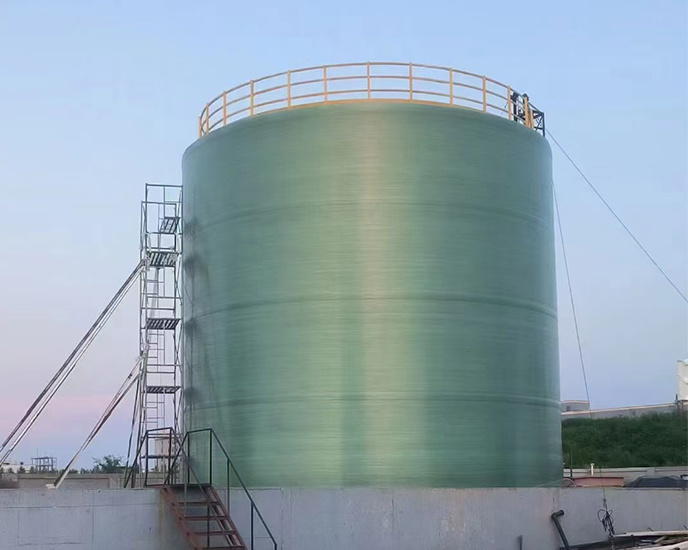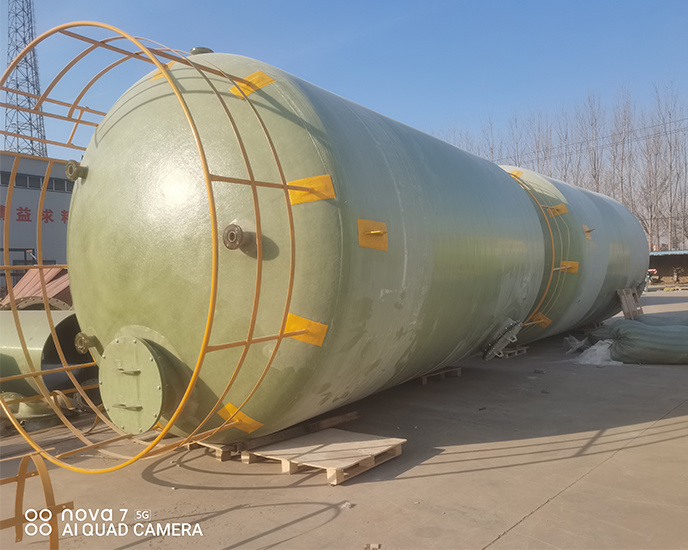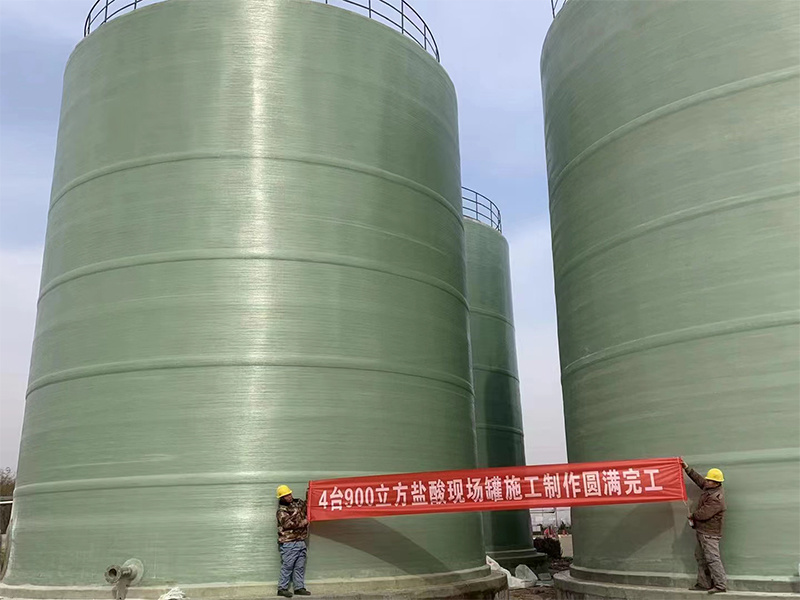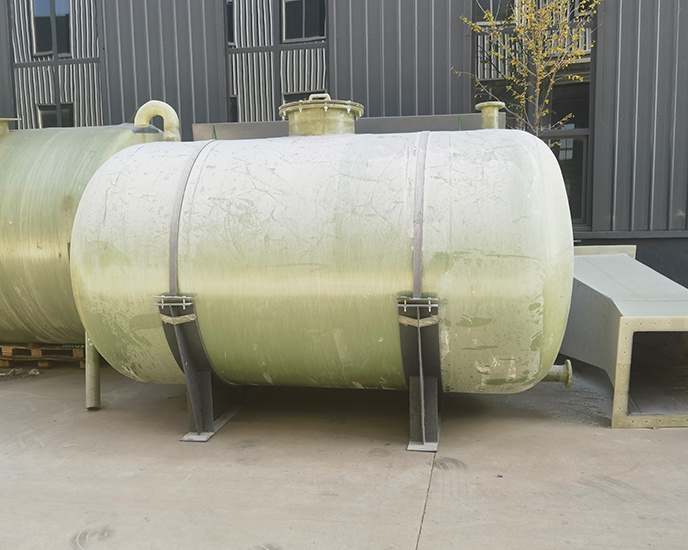

Definition and Structure
FRP buried sand pipe is a pipe composed of glass fiber reinforced plastic (FRP) and quartz sand sandwich layer. Its structure mainly includes a lining layer, a structural layer and an outer protective layer. The inner lining layer is usually a resin-rich layer, which is in direct contact with the transported medium and mainly plays the role of anti-corrosion and anti-seepage. The structural layer is composed of glass fiber and resin, which is the main bearing part of the pipeline and provides the strength and rigidity of the pipeline. The sand layer is generally located in the middle of the structural layer, mainly using quartz sand to increase the ring stiffness of the pipeline and reduce the cost. The outer protective layer is used to resist the erosion of the external environment, such as chemicals in the soil, microorganisms, etc.
For example, in the manufacturing process, the resin content of the inner lining layer is relatively high, generally up to 70% - 90%, which can effectively prevent liquid leakage in the pipeline and has good resistance to some corrosive liquids. The quartz sand in the sand layer has been screened and processed, and the particle size and content have certain standards to ensure that it can play a good role in increasing the rigidity of the pipeline.
Performance characteristics
Corrosion resistance
Can resist the corrosion of a variety of chemical substances, including acid, alkali, salt solution, etc. This makes it in the chemical industry, sewage treatment and other fields of underground pipeline transportation has a great advantage. For example, in the sewage pipeline of the sewage treatment plant, the sewage composition is complex and contains various corrosive substances. The glass fiber reinforced plastic buried sand pipeline can be used for a long time without being corroded, which greatly prolongs the service life of the pipeline and reduces the maintenance and Replacement frequency.
strength and stiffness
It has high ring stiffness and axial strength. The ring stiffness is an important index to measure the ability of the pipeline to resist external pressure deformation, and the sand layer can effectively increase the ring stiffness of the pipeline, so that it can withstand the pressure of the soil, the load of the ground vehicle and other external forces. Water supply and drainage pipelines buried under urban roads need to withstand the pressure of road vehicles. The high strength and high rigidity of FRP buried sand pipes can ensure that the pipes will not be deformed and damaged under this complex force environment.
hydraulic performance
The inner wall of the pipeline is smooth and the roughness coefficient is low, generally between 0.008-0.01, which can provide better hydraulic conditions than traditional concrete pipes. This means that under the same flow rate, the head loss of the FRP buried sand pipe is small, which can reduce the energy consumption in the transmission process. In the water supply system, this good hydraulic performance can effectively improve the efficiency of water supply.
Light weight
Compared with traditional metal pipes and reinforced concrete pipes, FRP buried sand pipes are lighter in weight. This makes it more convenient in the process of transportation and installation, and reduces the difficulty and cost of construction. For example, in mountainous areas or places with limited construction site conditions, lighter pipes are easier to handle and install.
Leakage resistance
The good sealing of the inner liner makes the pipeline have excellent anti-leakage properties. When transporting drinking water or liquids with high environmental pollution requirements, this anti-leakage property can effectively prevent liquid leakage and protect the environment and water resources.
Long service life
Combined with its corrosion resistance, leakage resistance and other characteristics, the service life of FRP buried sand pipe can generally reach 30 - 50 years, or even longer, is a relatively durable underground pipeline material.
Application areas
Water supply and drainage system
It is widely used in urban water supply and drainage engineering, including drinking water transportation, sewage discharge, etc. Its good corrosion resistance and leakage resistance can ensure the safety of water quality, and its strength and hydraulic performance can meet the needs of water supply and drainage.
chemical piping system
Used to transport chemical raw materials and chemical products. In chemical enterprises, because underground pipelines may be eroded by various chemical substances, the corrosion resistance of FRP buried sand pipelines can effectively protect the pipelines and ensure the safe transportation of chemical materials.
Ocean Engineering
In some areas close to the ocean, such as desalination plant into the drainage pipeline, wharf to the drainage pipeline, because of its resistance to seawater corrosion characteristics, has also been widely used.
Plant environment
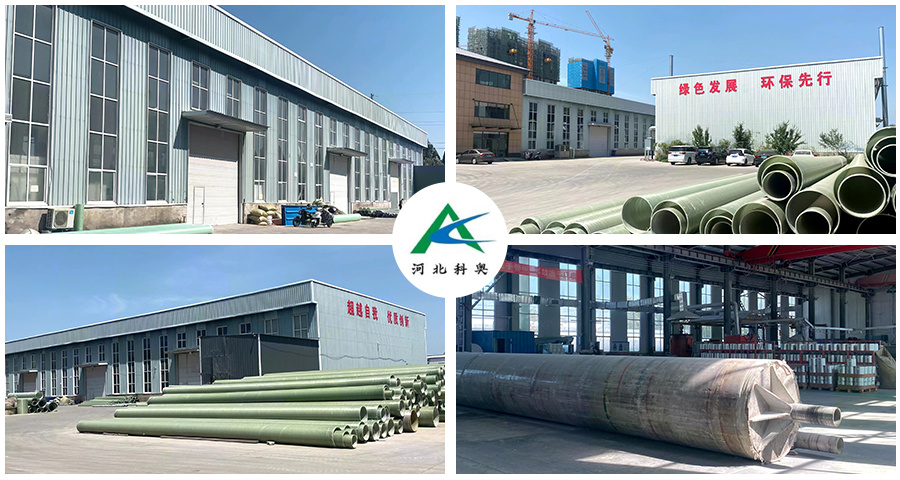
Workshop real shot

Construction case
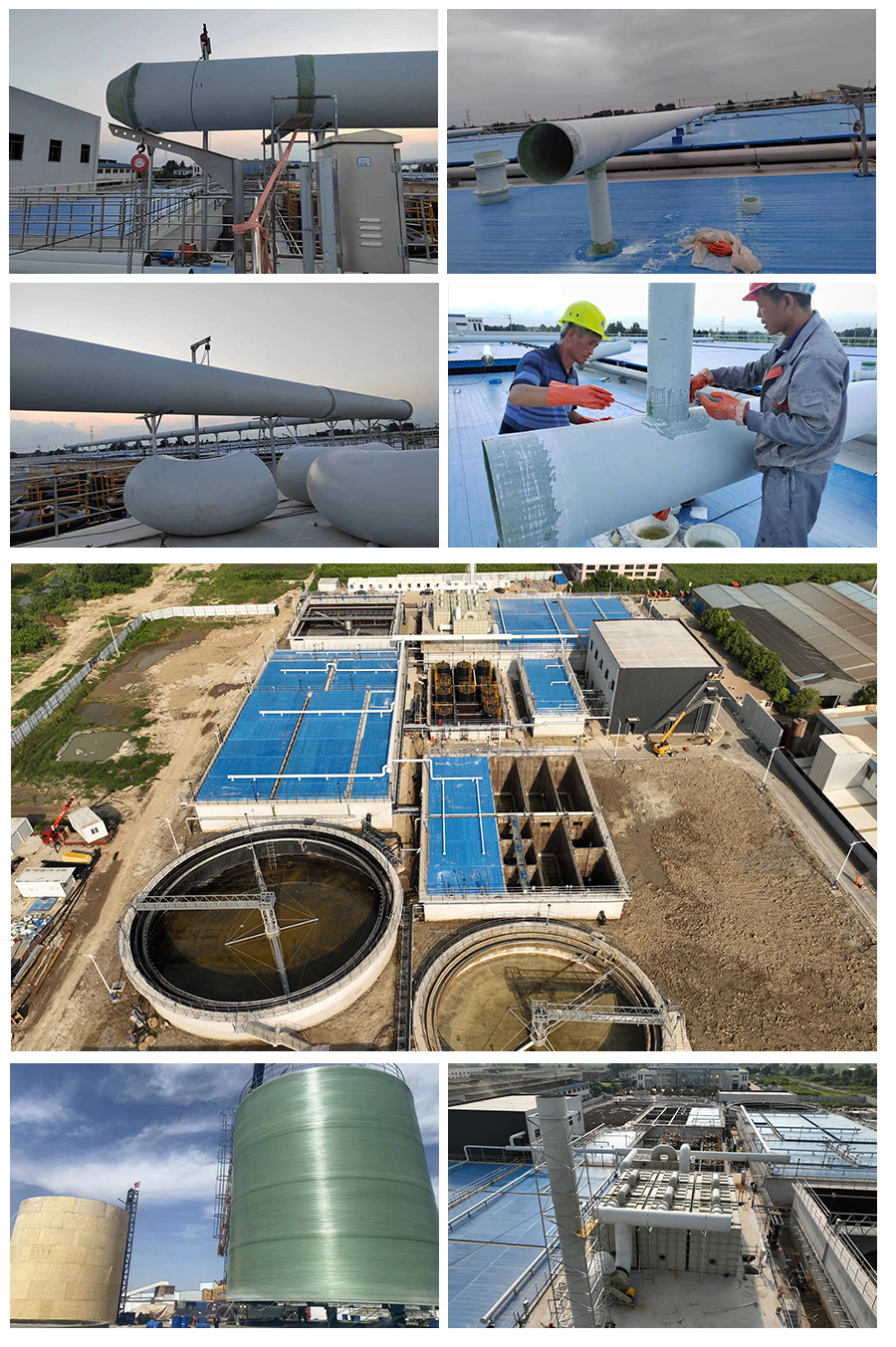
Real delivery
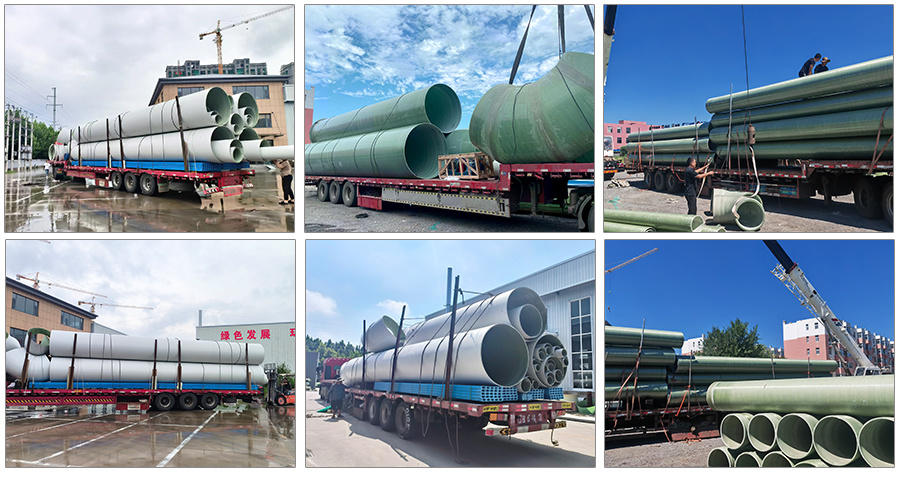


Glass fiber reinforced plastic buried sand pipe
Product Classification:
Product inquiry
Related Products
Glass fiber reinforced plastic vertical storage tank
Because the performance of glass fiber reinforced plastic can be designed, it can be designed according to different uses of various storage tanks, effectively play the characteristics of each component material, so that reasonable use of materials.
Because the performance of glass fiber reinforced plastic can be designed, it can be designed according to different uses of various storage tanks, effectively play the characteristics of each component material, so that reasonable use of materials.
Because the performance of glass fiber reinforced plastic can be designed, it can be designed according to different uses of various storage tanks, effectively play the characteristics of each component material, so that reasonable use of materials.
Because the performance of glass fiber reinforced plastic can be designed, it can be designed according to different uses of various storage tanks, effectively play the characteristics of each component material, so that reasonable use of materials.



